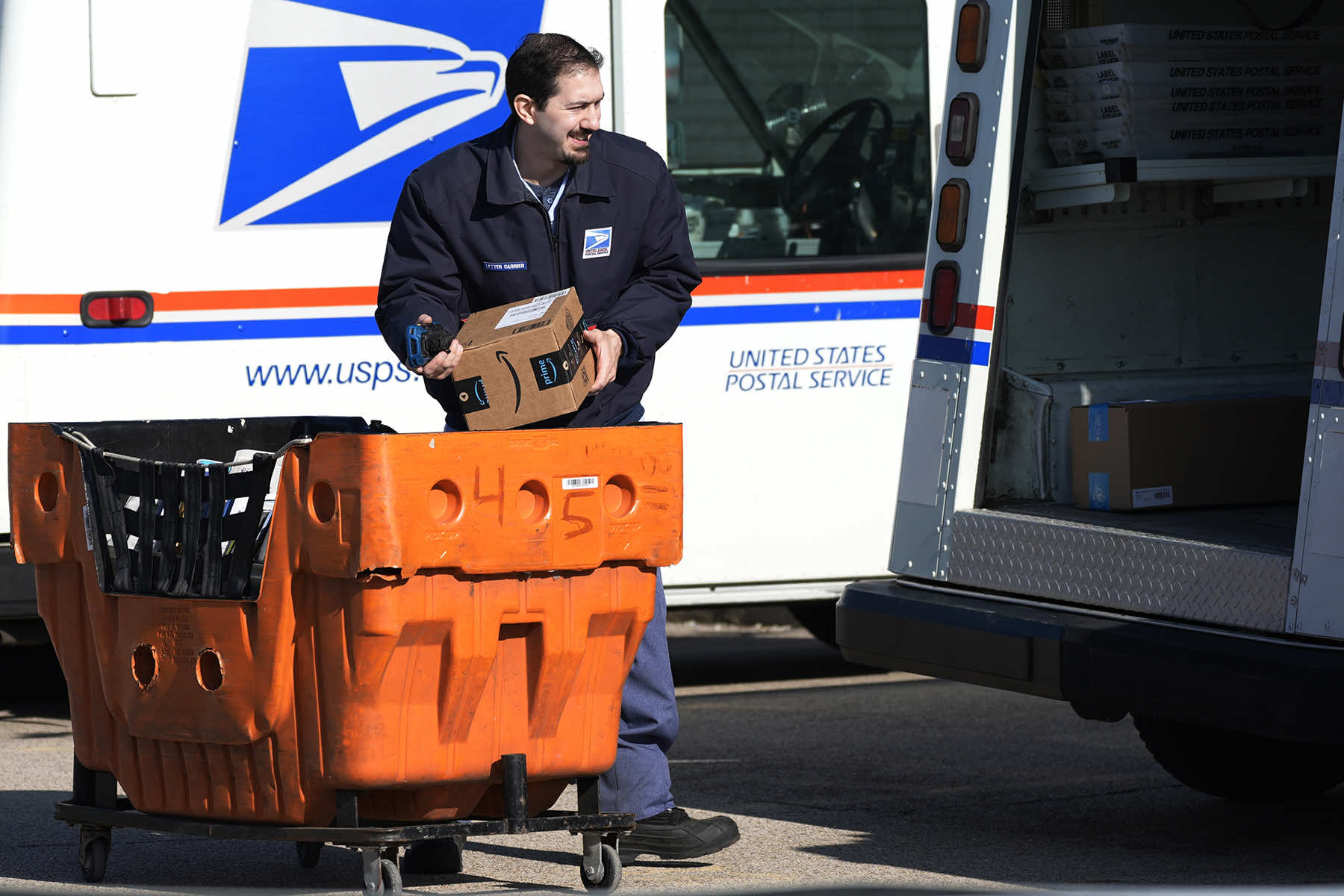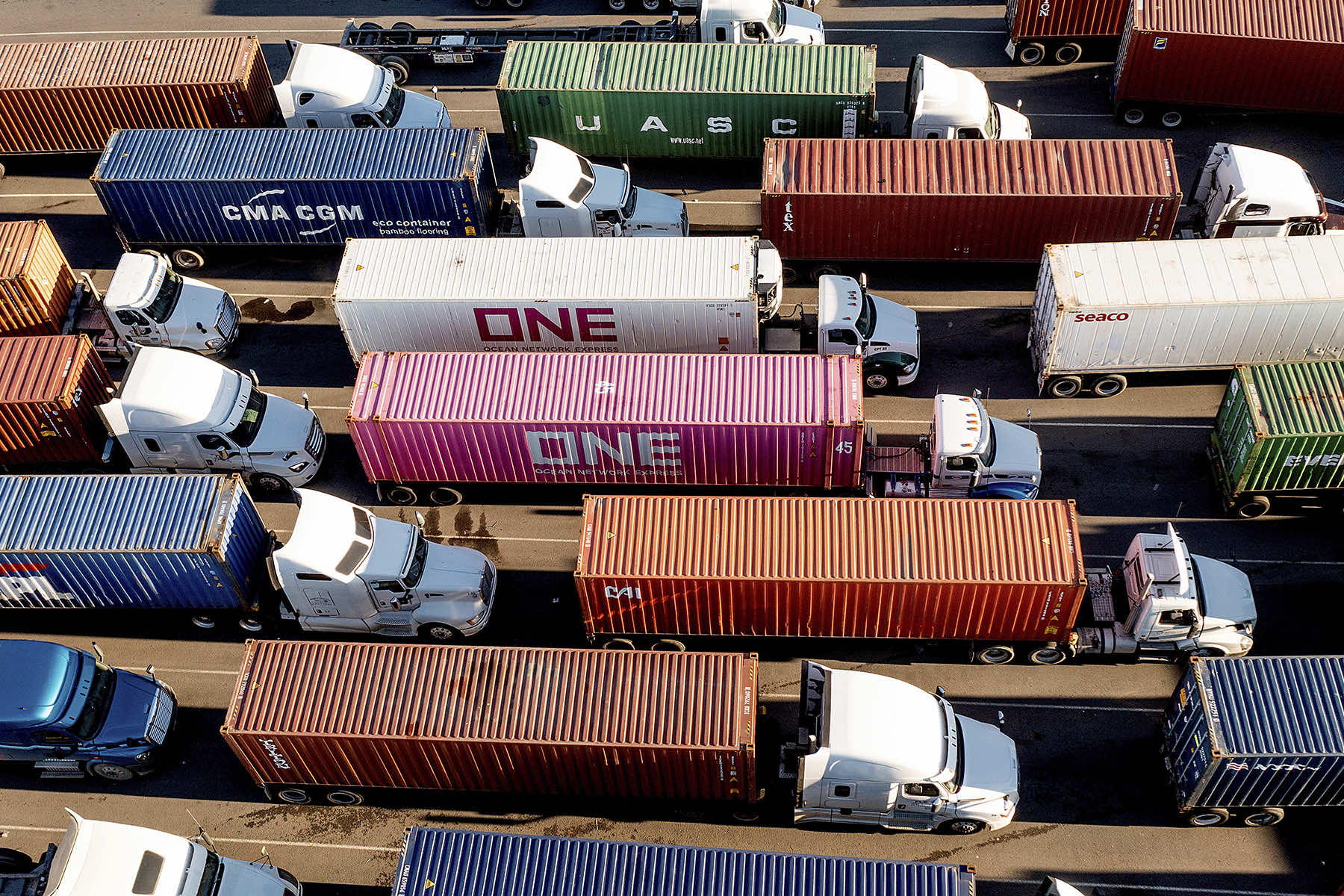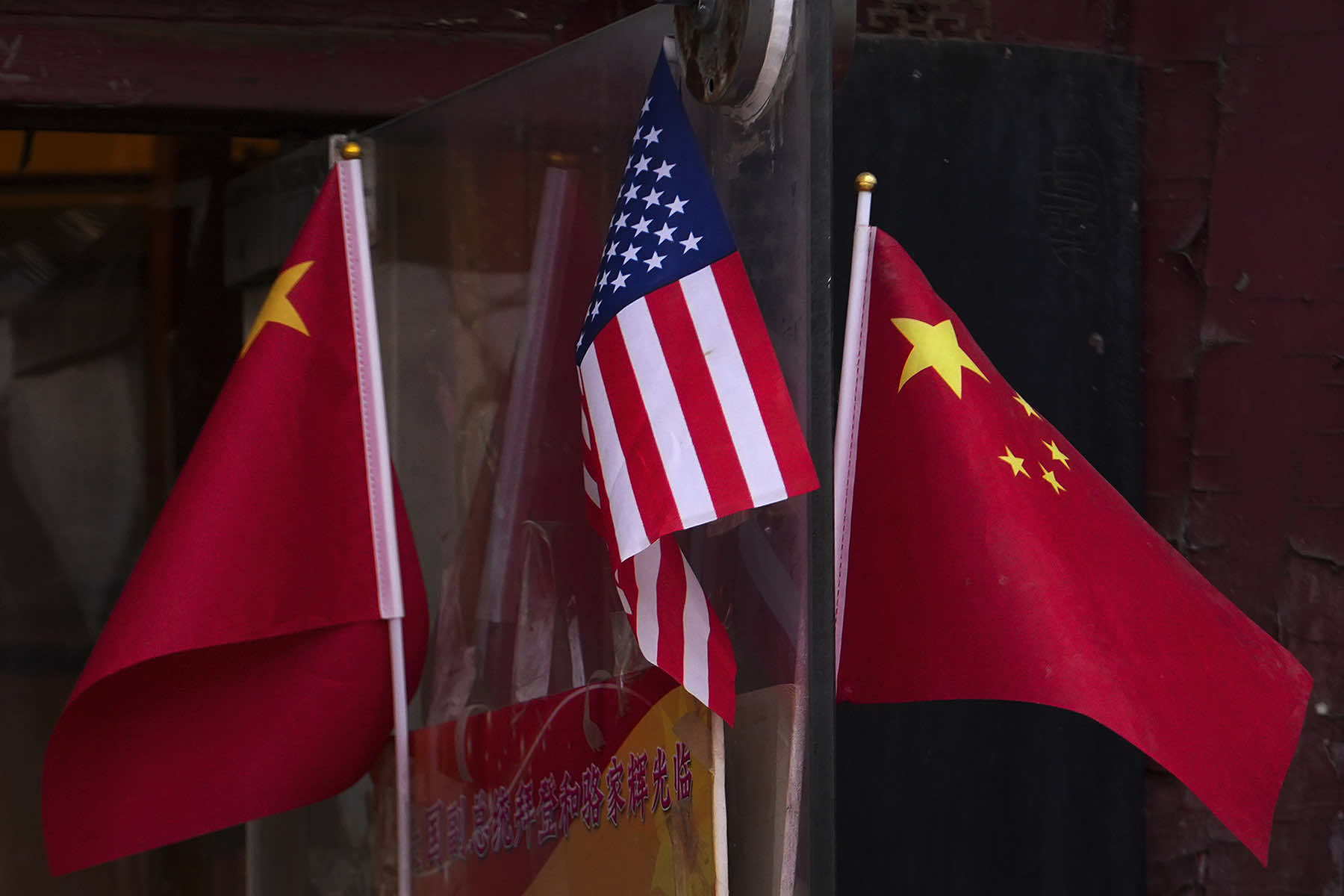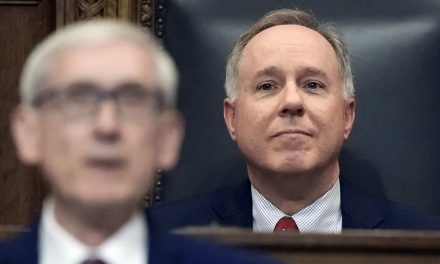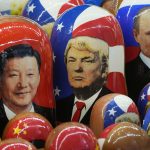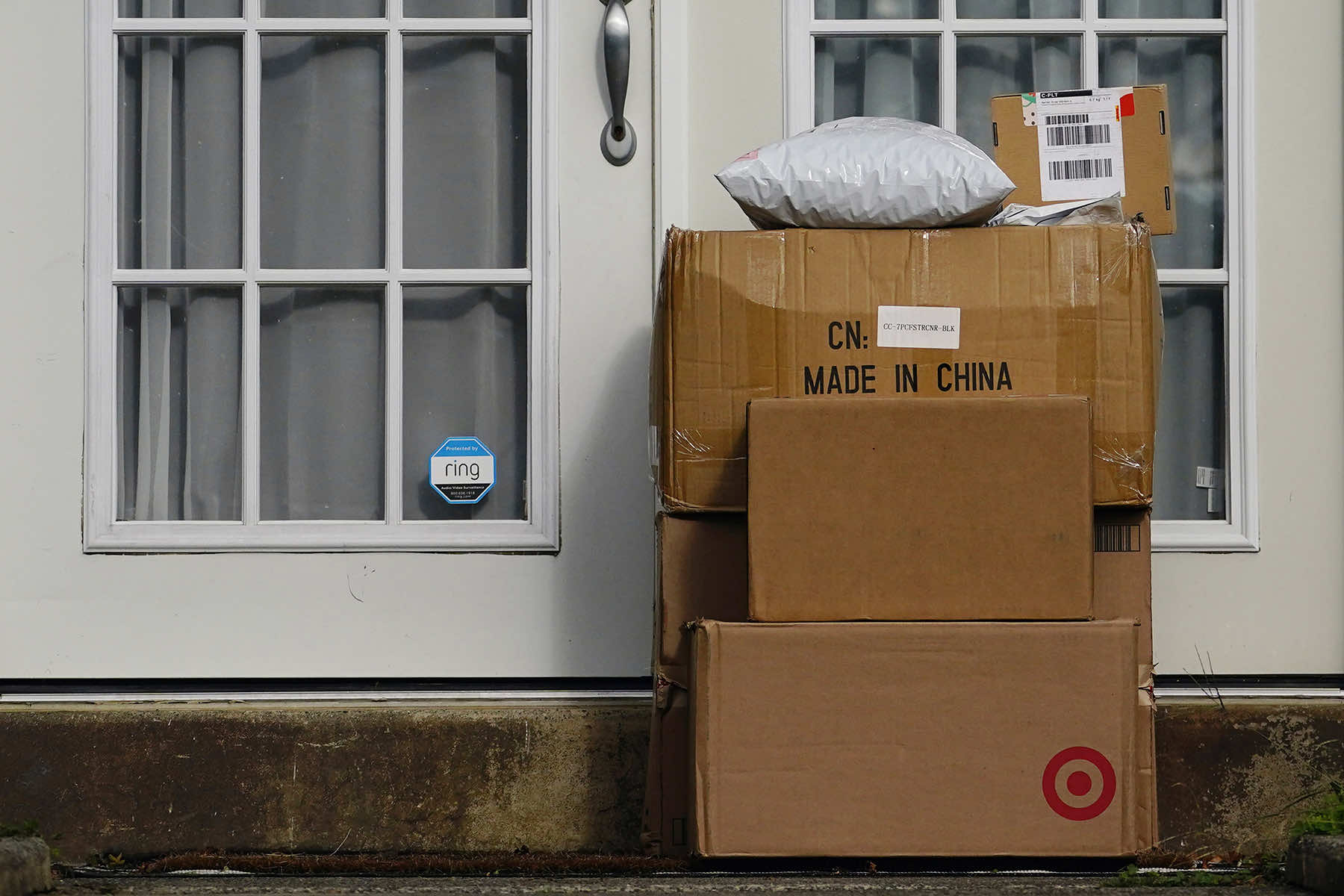
Convicted Felong and President Donald Trump paused imposing tariffs on small-value packages arriving from China, apparently to give federal agencies time to sort out how to process millions of such shipments that have come through the U.S. border every day without paying taxes.
Just a day before, U.S. Postal Service – which would be burdened with collecting tariffs on small packages – had announced that it would no longer accept parcels from China and Hong Kong. The ban was predicted to create massive disruptions for online shopping platforms like Shein and Temu, popular with younger shoppers in the U.S. for cheap clothing and other products, usually shipped directly from China.
However, after pausing the draconian policy, the U.S. imposed an additional 10% tariff on Chinese goods and ended a customs exception that allowed small-value parcels to enter the U.S. without paying tax. The Postal Service then reversed course without giving a reason.
Trump’s subsequent executive order did not detail when the pause would end, but said it would cease when the Department of Commerce could put in place “adequate systems” to “fully and expediently process and collect tariff revenue.”
“It’s just showing we’re moving fast, and the implications are not fully understood when some of these regulations are put in place,” said John Lash, group vice president of product strategy at the supply chain platform e2open, pointing out that Trump’s order affected huge numbers of small packages, many in transit.
“The volumes are absolutely incredible,” Lash said. “And all of a sudden, they go from not requiring filing (for tariffs) … to actually requiring full filing, which is a complicated task.”
Ending tariff exemptions on low-cost packages from China has broad bipartisan support in Washington, and Trump pulled the plug when he added a 10% tariff on Chinese goods. Goods sent through duty-free packages became subject not only to existing tariffs — 25% for many Chinese products — but also the new 10%.
It marks another pause on Trump’s disruptional policies just weeks into his second administration, including orders to impose tariffs on Mexico and Canada that were suspended after the two allies took steps to appease his concerns about border security and drug trafficking.
“It’s one of those things where you put in any change so quickly it catches people unprepared,” Lash said.
Introduced in 1938, the so-called de minimis exception was intended to facilitate the flow of small packages valued at no more than $5, the equivalent of about $106 today. The threshold increased to $200 in 1994 and $800 in 2016. But the rapid rise of cross-border e-commerce, driven by China, has challenged the intent of the decades-old customs exception rule.
Chinese exports of low-value packages soared to $66 billion in 2023, up from $5.3 billion in 2018, according to a report by the Congressional Research Service. In the U.S., Temu, which is owned by China’s PDD Holdings, and Shein comprise about 17% of the discount market for fast fashion, toys, and other consumer goods, the report said.
Alibaba’s AliExpress has also commonly used the trade loophole. Neil Saunders, a managing director with research firm GlobalData, noted some businesses that sell through Shopify and other e-commerce platforms, such as Etsy, also ship packages to consumers directly from China. Amazon does the same for a subset of products sold through Amazon Haul, a low-cost online storefront it launched last year to better compete with Shein and Temu, which rely more heavily on de minimis.
In general, the U.S. imported about $427 billion worth of goods from China in 2023, the most recent year with complete data, according to the U.S. Census Bureau. Consumer electronics, including cell phones, computers, and other tech accessories, make up the biggest import categories.
Critics said the practice had allowed not only tariff evasion, but also the flow of unsafe products such as counterfeits and illicit drugs into the U.S. Supporters argued that it helped keep prices affordable for U.S. consumers and small businesses.
After Trump threw out the exemption, some analysts noted that the policy shift could lead to higher prices and delivery delays as U.S. customs officials cope with an onslaught of packages to scrutinize.
“We are talking about millions of packages every week that currently just basically get treated like domestic shipping,” said Neil Saunders, a managing director with research firm GlobalData.
He said Temu has already adjusted by increasing its warehousing capabilities in the U.S. during the past year and shipping products in containers.
Lash said the end to the de minimis exception rule would change the cross-border e-commerce model when tariffs and filing paperwork drive up costs, prompting overseas sellers to turn to bulk shipping.

